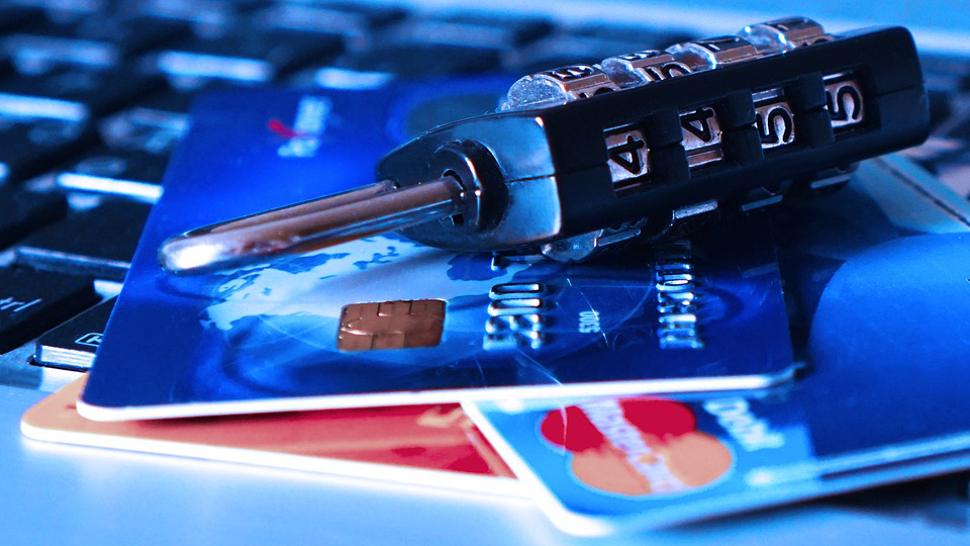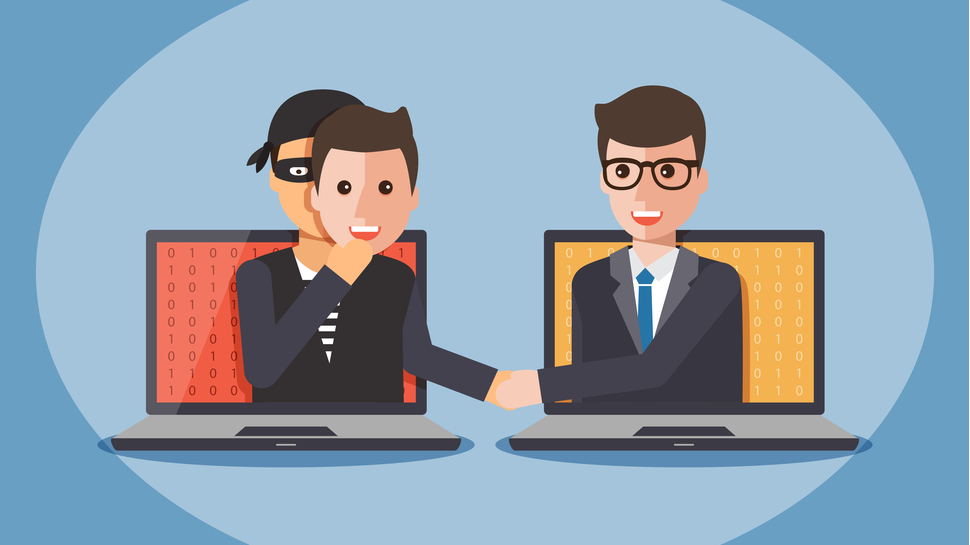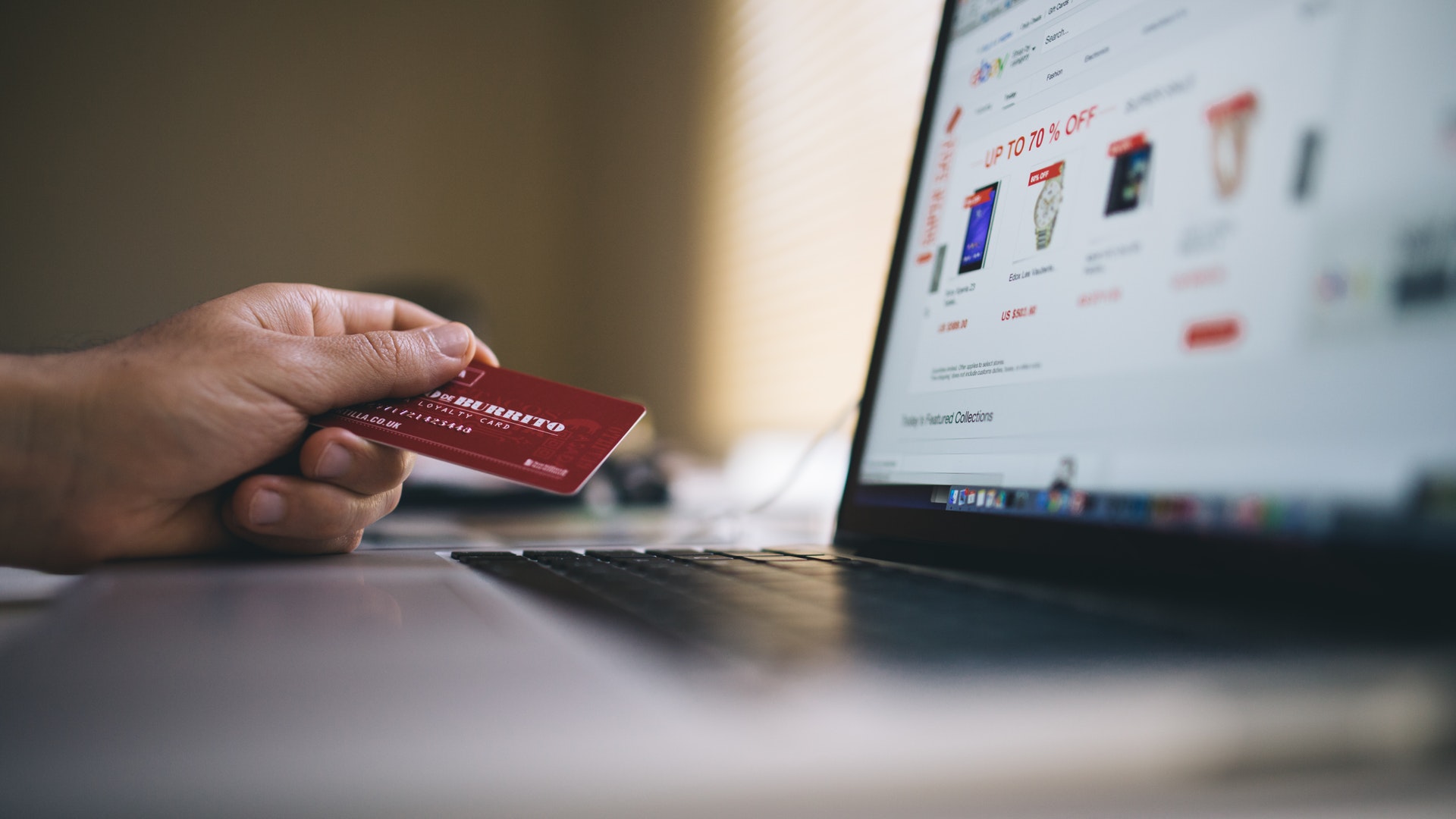Had your identity stolen? Here are the five steps you need to take NOW
Recover from identity theft faster by taking these steps ASAP

We are all at risk of identity theft. But what happens if your identity has already been stolen?
You already know how to keep your identity protected from thieves and cybercriminals keen to mine your bank account, credit card, or sell your details on the Dark Web. Reacting to these events after they've taken place, however, is a different matter.
- Protect yourself online with the best antivirus
- Browse the web securely with the best VPN services
- We've also put together a list of the best security cameras on the market
Your identity has been stolen
You're unlikely to learn that your identity has been stolen until someone starts posing as you.
Perhaps a bank statement reveals some strange transactions. Maybe your credit card statement doesn't turn up, having been stolen or even rerouted to a new address.
Worse, you might even be turned down for vital credit (home loan, car finance, perhaps a mortgage) while completely unaware of any adverse entries on your credit file.
Whatever the scenario, you'll need to quickly take action to reclaim your stolen ID. But how can you do this? What steps are needed to put right the disruption caused ID fraud?
It's vital that you act swiftly and calmly to ID fraud. You'll need to report the identity theft, freeze your credit, find and close fraudulent accounts, stop payments on checks, and rebuild your credit profile. This can take some time.
Are you a pro? Subscribe to our newsletter
Sign up to the TechRadar Pro newsletter to get all the top news, opinion, features and guidance your business needs to succeed!
Start by following these five steps:
1. Report your identity theft
It is imperative that you inform the authorities over the theft of your identity and subsequent ID fraud. But who should you contact?
First, speak to the institution the affected account is held with. So, if your Barclaycard credit card was affected, contact Barclaycard. Every bank and credit card company has a dedicated line for fraud, so either call this or use their main number. You can also report ID fraud online via your bank's website.
If the case involves banking and associated cards, check books, etc., then your bank will conduct its own investigation and contact the police if necessary. However, if you believe the ID fraud has occurred in a different way - perhaps using stolen documents - you should contact your local police force.
For scenarios where your mail may have been intercepted and details stolen, lodging a fraud complaint with the post service is also a good idea.

2. Freeze your credit and place a fraud alert
In some cases, your bank can do this for you. If not, contact the credit agencies linked to your defrauded accounts.
A phone call is enough to start with, although they usually require a follow up in writing (such as to provide supporting information). You should also take this opportunity to dispute transactions made as part of the ID fraud.
Unauthorized accounts - that is, those taken out in your name without your knowledge - need to be disputed with the relevant company. Request the company's fraud dispute paperwork and complete this as soon as possible.
Further, once the dispute is resolved, request written confirmation that the fraudulent accounts have been closed and all related debts discharged. Any errors that occur in your credit report later can then be checked against this.
3. Find and close fraudulent accounts
While most fraudsters know when they're beat (especially those operating industrial fraud) in some cases there is a chance of pushback. Your identity thief may persist in their claim to be you. Counter claims can slow down the procedure of reclaiming your stolen identity and overcoming ID fraud.
The solution, then, is to find the fraudulent accounts and close them. They'll be listed on the reports from the credit reference agencies, e.g. Equifax, Experian. All you need to do is identify the bank, or credit company, contact them, then close the accounts opened in your name.
Remember, many companies provide credit through store cards, hire purchase agreements, and so on, so don't limit your cancellation calls to banks.

4. Report fraudulent activity on checks and online payments
Appreciating your financial situation will help you to spot where transactions take place in your name. Banks, credit cards, and store credit are all obvious, but checks and online payment services are less straightforward.
If checks were stolen or a bank account with check facility was opened in your name, you will need to stop the checks. This can be done by contacting the bank or getting in touch with a check verification company such as Telecheck.
Similarly, get in touch with PayPal and similar online payment services to ensure you remain in control of your accounts. Fraudulent activity will need to be reported, but also take the time to unlink the payment service from your bank account.
5. Recover from ID fraud
It can take months, even years to recover from ID fraud. A single identity theft occurrence can cost you over $1000, covering expenses, time off work, postal charges, and other miscellany.
Recovery, therefore, might mean making some cuts to your budget. This is not ideal, but sadly necessary until all of the administration associated with recovery is complete
Going forward, be certain to regularly check your credit status. It's typically updated monthly, so sign up for alerts, get the updates, and cast an eye over them. Highlight anything unusual immediately. Follow up anything you don't understand.
Recovery from ID fraud means changing behavior. Increase your awareness of ID fraud, be careful who handles your cards, and don't click on links in emails that claim to be from your bank.
- We've also highlighted best identity theft protection
Christian Cawley has extensive experience as a writer and editor in consumer electronics, IT and entertainment media. He has contributed to TechRadar since 2017 and has been published in Computer Weekly, Linux Format, ComputerActive, and other publications. Formerly the editor responsible for Linux, Security, Programming, and DIY at MakeUseOf.com, Christian previously worked as a desktop and software support specialist in the public and private sectors.
